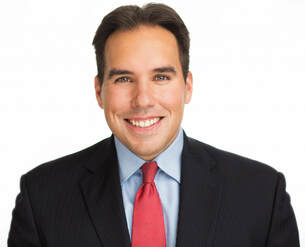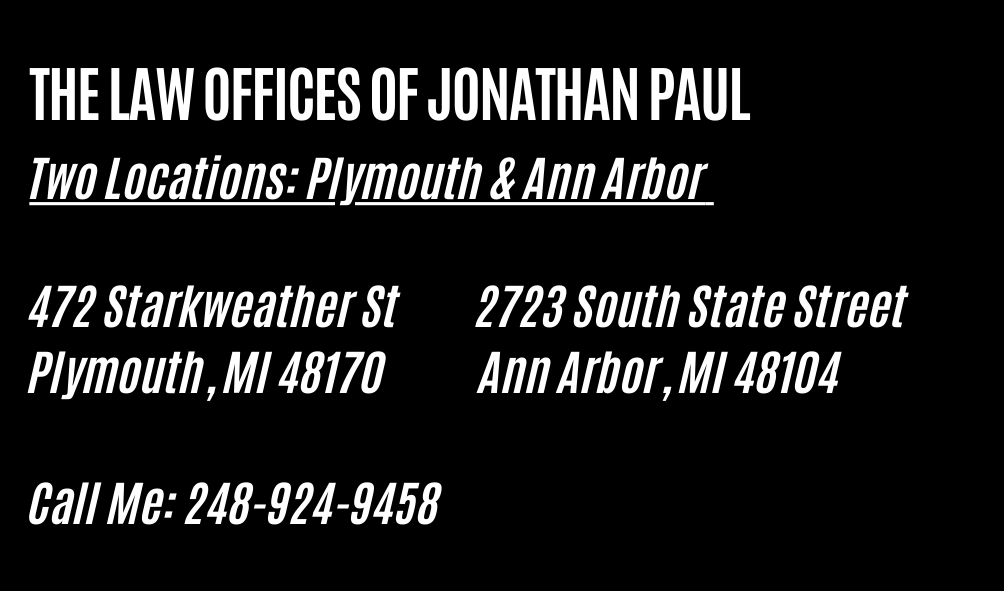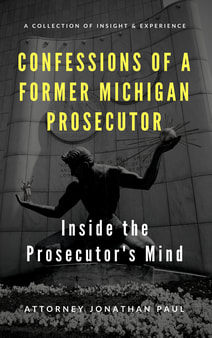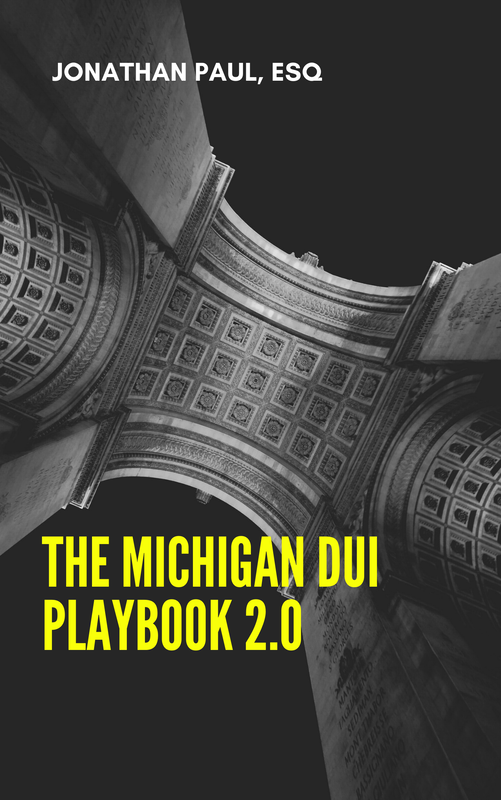Michigan Circuit Court Hardship Appeal - How to work with the prosecutor to get the green light5/21/2018
As a former prosecutor I worked on 1000's of drunk driving cases, and one of the main concerns of the person charges was their ability to drive. A person doesn't realize how important the ability to drive actually is until they are no longer able to do so. It means you can't drive to work, school, drive your kids or family around, go grocery shopping, leave the house to eat or entertainment. Losing your license can be a huge burden on a spouse or friends and family, and I have seen relationships ruined because someone can't drive their car.
One role that a prosecutor has in Michigan is on a circuit court hardship appeal. If someone violates the implied consent law for refusing a chemical test and that ruling is upheld on appeal, a petitioner (the defendant) has the option to file a hardship appeal with the circuit court on the basis of hardship if this is there first implied consent issue. Some counties will have a representative from the Attorney General's Office as a representative for the Michigan Secretary of State, while others will actually have the county prosecutor act as the representative. The court is ultimately looking for a real hardship tied into your ability to work, go to school, perform obligations of your probation and other listed issues. They also want to be sure that public transportation or reasonable alternative accommodations are not available to the petitioner. If you lived down the block from where you work, you could not claim a legitimate hardship to get to and from work as a basis of receiving the license. Many people walk into court and simply say "here is where I work, and here is where I live, I need to drive". That is lazy and not the most effective way to convince both a judge and prosecutor to OVERTURN a license suspension. Think about what that means - you violated the law (implied consent law), your license was suspended because of it, and now you're asking for that decision to be overturned, and all you're going to do is show where you work and where you live? As a former prosecutor I witnessed too many of these situations go wrong, because people did not over-prepare and take the process as seriously as they should from day one. As a proactive criminal defense attorney, we may be shifting gears from our criminal case to the circuit court, but we can use all of our proactive accomplishments for these stage as well. The most important parts will be the substance abuse evaluation and any subsequent following of that recommendation along with the daily alcohol testing. Neither is required, but the substance abuse evaluation is expected, and daily alcohol testing is usually the cherry on top of receiving the hardship license. I can't tell you how many times I've been out in the hallway with the prosecutor/AG representative with another attorney, and all they have is "well it's his first implied consent, and he works 20 miles from where he lives" - I sometimes wish I was the prosecutor again so I could tell that defense attorney - "well he shouldn't have refused the chemical test, I'm not changing the suspension for you" - that's just lazy lawyering - the client could have done the same thing in court. I have my substance abuse evaluation ready, AA meeting logs, alcohol insight class completion certificate, counseling letters and printout of our daily alcohol testing. We're showing the prosecutor that from day one we were open about learning from the situation, followed the recommendation of the health care professional, and you should grant this hardship, because my client HAS NOT BEEN DRINKING and here is proof of that. Not all petitioners are being alcohol tested or even on probation with a court so there's concerns about handing someone a license who is actively drinking - what better than to show proof that my client is not drinking? I always believe in building consensus with a prosecutor, because I learned if you want to go toe to toe with a prosecutor, they will prevail more than they are defeated, because a judge is naturally more familiar with that person and it's the more conservative thing to do. Handing my client the ability to drive soon after a DUI incident is risky, and I acknowledge that - that is why my clients work their butts off to show they should be granted the opportunity to earn back the trust of the prosecutor, judge and community. If I can get the prosecutor to sign a stipulated order for a hardship license in the hallway and we can walk into the courtroom and BOTH tell the judge we want petitioner to receive a hardship license, what's the judge going to do? Say no? Probably not. Some judges will still have concerns, especially newer judges or judges who are not that familiar with these type of proceedings, but I use the same proactive tools with the judge to get my client over the hump, and get them back on the road. Comments are closed.
|
Click to Email Me Categories
All
|
Ann Arbor Office LocationPlymouth Office Location |
Representing DUI Clients in MichiganRepresenting clients charged with a DUI in Ann Arbor, Canton, Brighton, Howell, Saline, Adrian, Taylor, Plymouth, Northville, Westland, Ypsilanti, Pittsfield Towsnhip, Warren, Sterling Heights, Farmington, Pontiac, Romulus, Lansing, Novi, South Lyon, Southfield, Birmingham, Bloomfield Hills, Royal Oak, Troy, Rochester, Jackson, East Lansing, Garden City, Livonia, Dearborn, Detroit, St Clair Shores, Hazel Park, Ferndale, Madison Heights, Waterford, Milford, Shelby Township Clarkston, Oak Park, Berkley, Fraser, Sterling Heights, Clinton Township and others throughout Washtenaw, Wayne, Monroe, Jackson, Genesee, Macomb, Ingham, Lenawee, Livingston and Oakland County.
|








